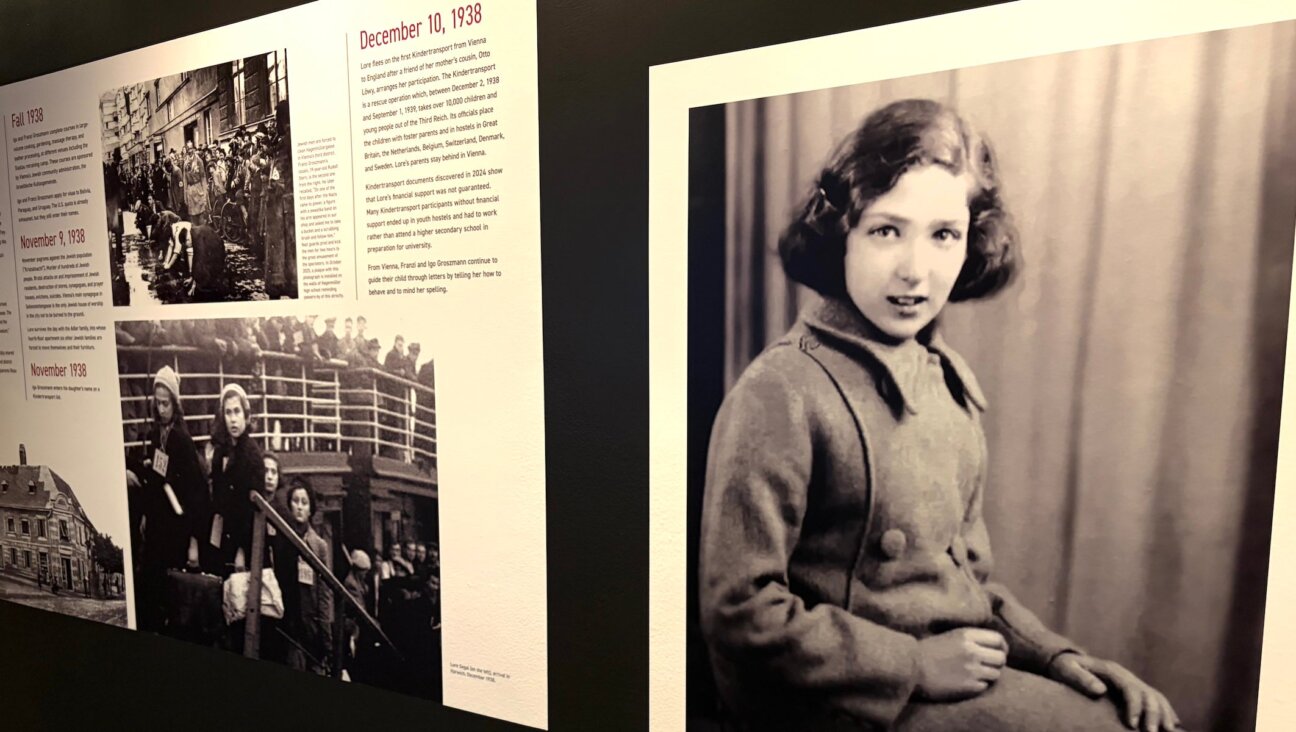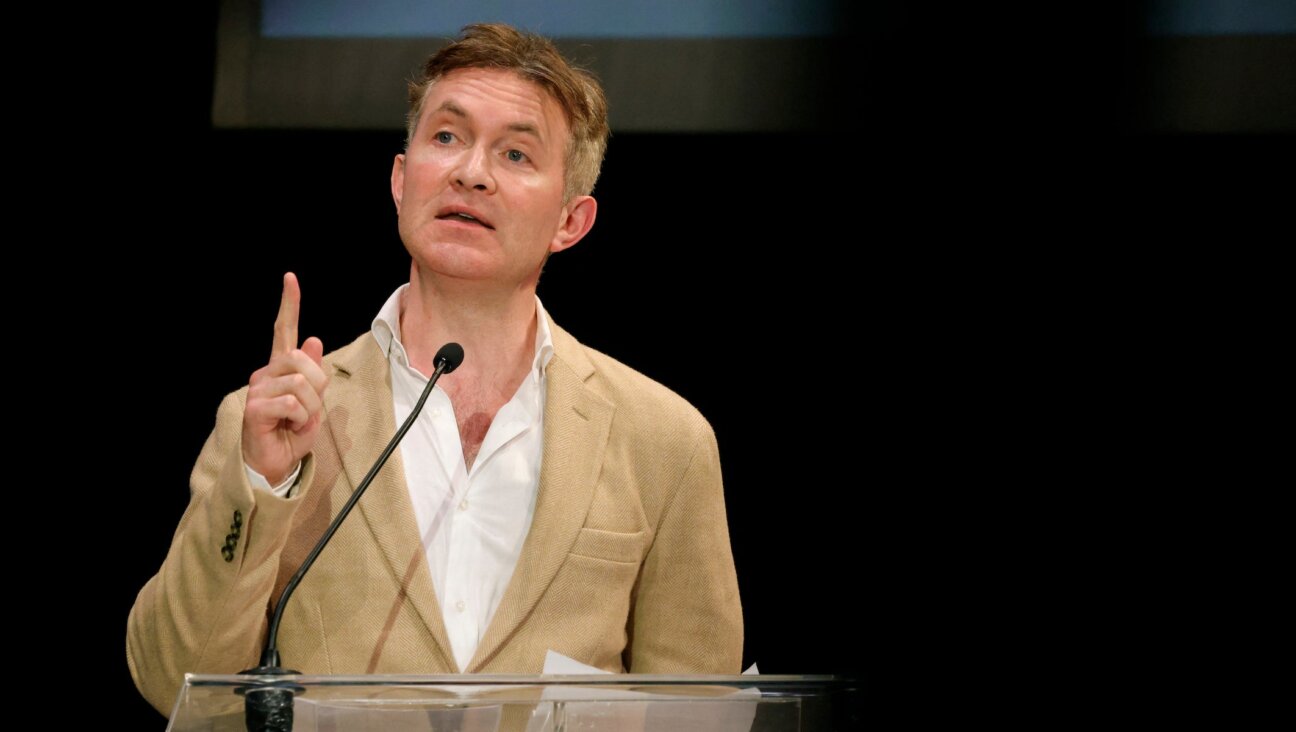Grant Helps Professor Tackle Adolescent Girls’ Issues
Certain topics of particular interest to adolescent girls go unaddressed in most classrooms, because they make many educators and students squirm: sex, gender, eating disorders, abusive relationships. Dr. Shira D. Epstein aims to change that situation.
Epstein, an assistant professor at the Jewish Theological Seminary’s William Davidson Graduate School of Jewish Education, has received a $22,000 grant to create a pilot program that addresses this “evaded curriculum.” The grant to JTS comes from the Jewish Women’s Foundation of New York, which is placing an emphasis on funding proposals designed to address adolescent girls, according to executive director Sherri Greenbach. The yearlong grant period began last month, and Epstein hopes to have an advisory council assembled by November to evaluate her pilot program, which will train current and future educators to address the “evaded” topics.
The advisory board will have 14 members, including specialists in evaded issues and “recognized leaders representing diverse constituencies in Jewish education,” primarily from the New York area. The board — with Epstein, who will serve as program director, and Dr. Steven Brown, dean of the Davidson School and the project director — will determine an appropriate curriculum to be implemented for the Day School Leadership Training Institute, the Leadership Institute for Congregational School Principals and Davidson students. Epstein explains that the program is designed to “give [educators] some sort of language, some sort of vocabulary to talk about these things.” For Epstein, a major component of what must happen within institutions is the expansion of “entry points,” or moments at which teachers and students can enter into a healthy dialogue on these subjects. The pilot year will emphasize the “exploration of these different entry points, whether it’s pop culture, a piece of Jewish text, multimedia. No one size fits all models,” said Epstein.
Designing curriculum and examining diverse entry points are not new areas for Epstein. Jewish Women International recruited Epstein in 2005 to design a curriculum for adolescent girls and a 13-minute DVD — to be shown in classrooms, camps and at special retreats — called “When Push Comes to Shove, It’s No Longer Love.”
JWI is enthusiastic about Epstein’s endeavor. Rabbi Diana S. Monheit, senior coordinator of programs and training, expects this type of work to be accepted, if not embraced within the Jewish community. Addressing gender issues, Monheit said, is “not saying we should switch who’s doing Kiddush and who’s doing shabbos candles.”
Epstein grew up attending a Jewish day school in New York’s Westchester County, and went to an Orthodox high school. It wasn’t until her college years took her to Brown University, though, that she was introduced to a conversation on issues of healthy relationships. Having been in what she describes as an unhealthy relationship during her early college career, she found that discussions of sexuality and relationships took on increasing importance. “When I was in college, this rhetoric was all over the place,” said Epstein, but it had been absent from her prior education.
In her three years at JTS, a Conservative institution, Epstein has tried to change how Jewish educators address these evaded issues, teaching classes such as “Perspectives on Gender and Education.” JTS, she said, has been supportive of her efforts, even around potentially contentious issues: “The school is very open to innovative programming.”
















